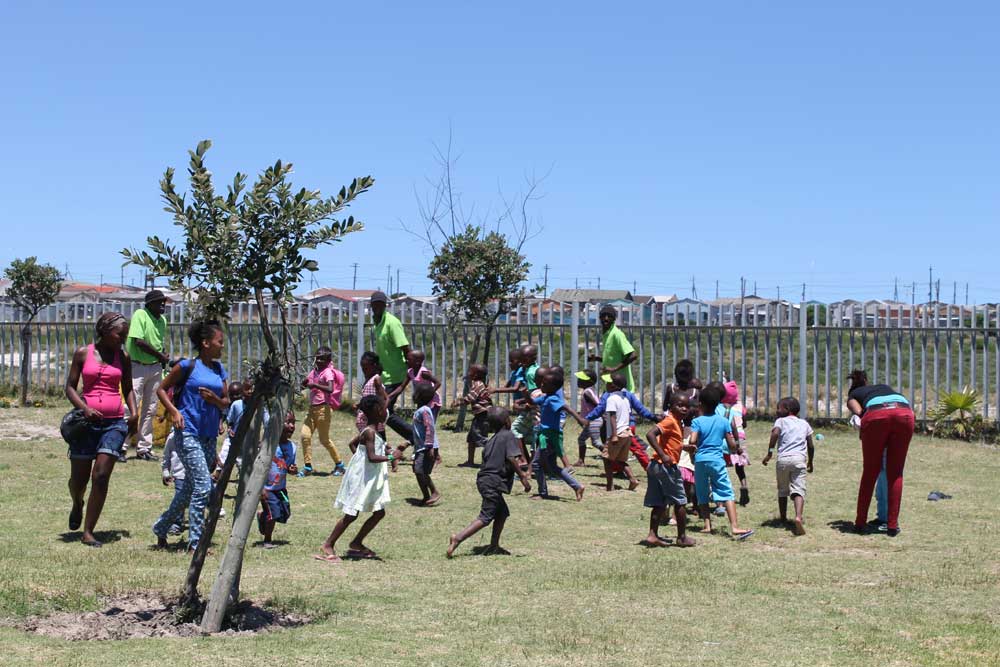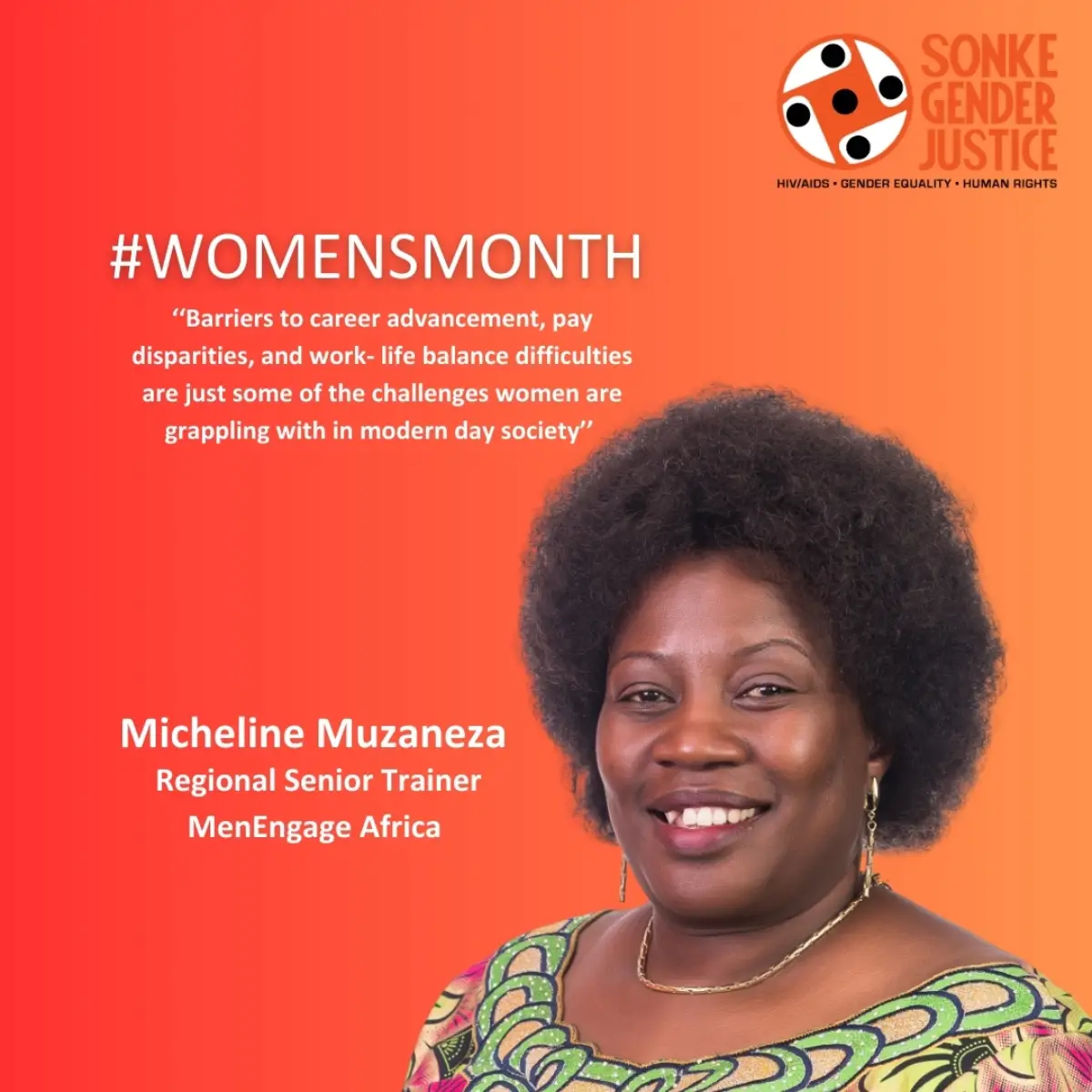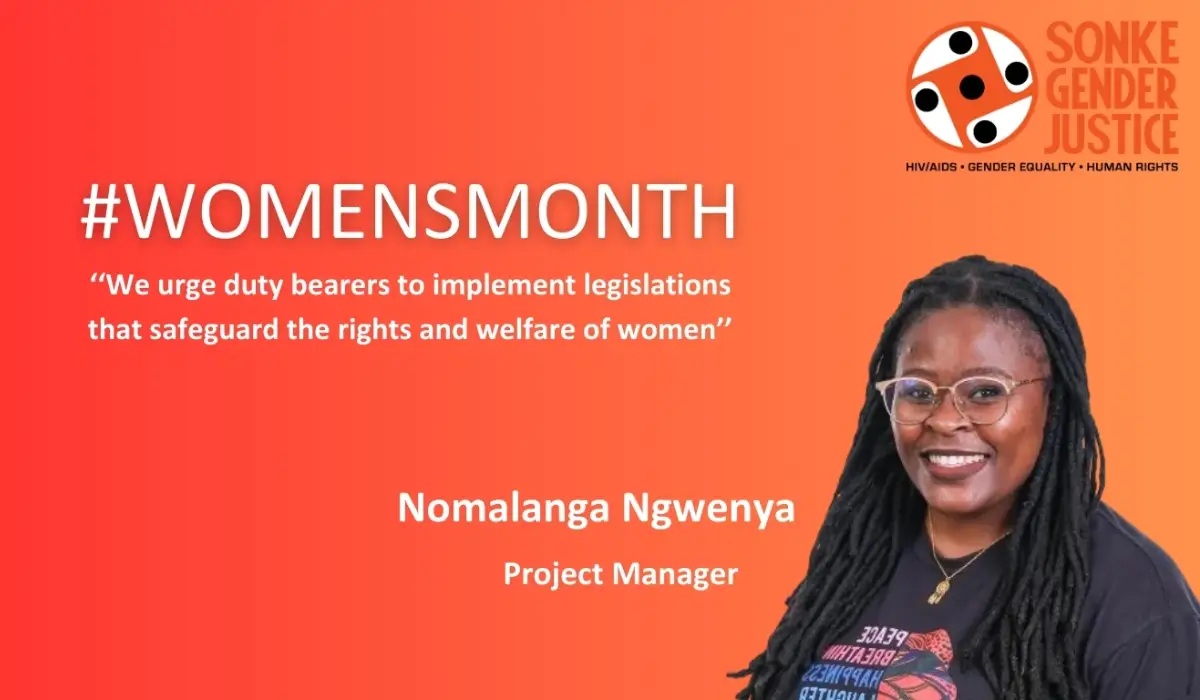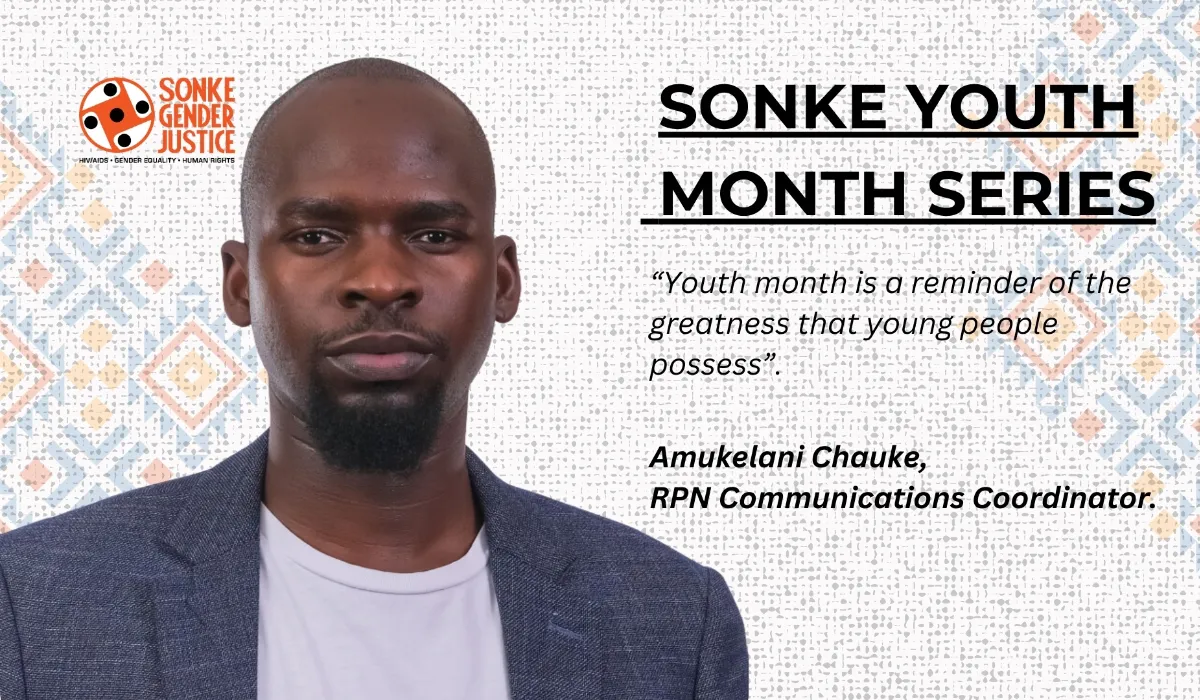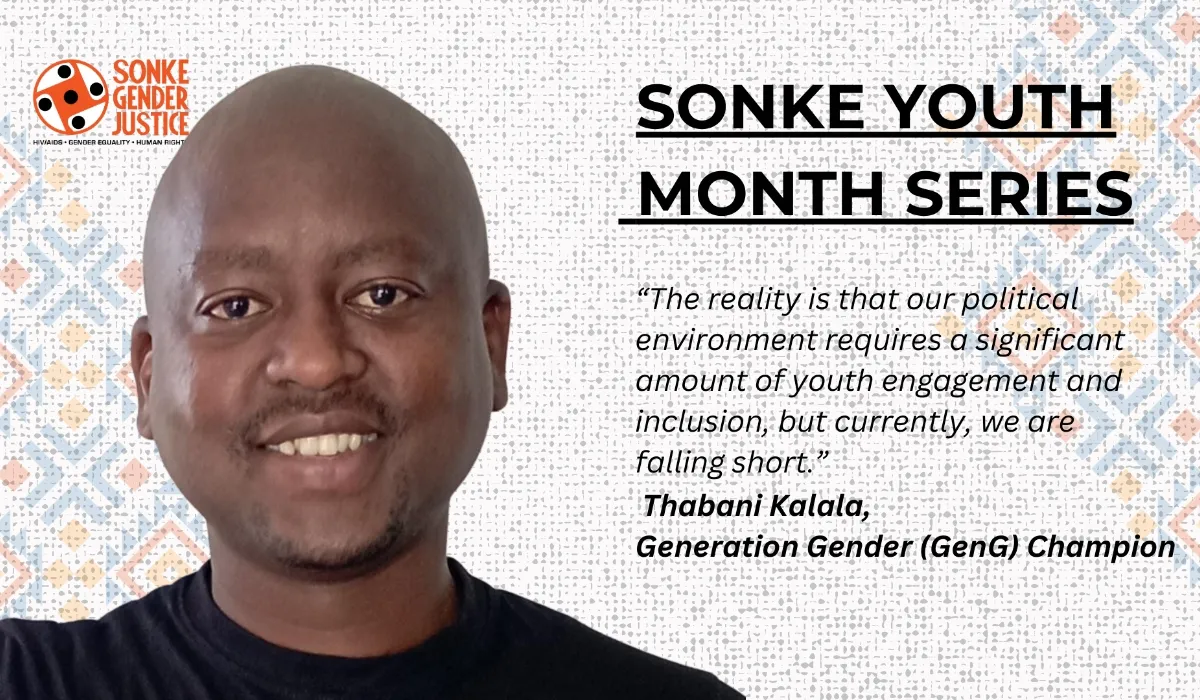On a daily basis, newspapers across the country tell story after story of the horrors perpetrated against children: from the parents of a seven-week-old baby inflicting upon their baby three broken ribs, a fractured knee and brain injuries, to a man arrested after he assaulted a two-year-old boy.
While there is little research on the prevalence of corporal punishment in the home, evidence suggests that well over 50% of parents use it. In a national survey undertaken in 2005 by the Human Sciences Research Council (HSRC), it was found that the most common age of children who were smacked was 3 years of age and the most common age of children who were beaten with some or other object is 4 years old. The data showed that 57% of parents with children under 18 used corporal punishment, and 33% used severe corporal punishment in the form of beatings (in addition to smacking).
While these cases can clearly be defined as assault, there is clear evidence that the fact that corporal punishment is still legal in the home contributes significantly to serious and even fatal abuse of children at the hands of their parents or care-givers. Members of the Childline network for example, both in South Africa and elsewhere, confirm that many cases of serious child abuse are the result of ‘discipline gone wrong’ and a parent who ‘went too far’.
We are also shocked at the many stories of abuse-related murder: one four-year old girl was found hanged in Katlehong, east of Johannesburg and another assaulted so seriously by her father for wetting herself that she died. Data on child homicide due to abuse is difficult to come by. However, research carried out by the Medical Research Council on child deaths in 2009 found that nearly half of the 1 018 child homicides in that year could be attributed to non-accidental injuries within the context of a relationship of presumed responsibility and care by a parent or other caregiver. Children under 5 were found to be at greatest risk. In 2011/2012, police statistics showed that 800 children were murdered in South Africa and a further almost 800 were victims of attempted murder during that period.
The high rate of child homicide in the under 5 age-group and the fact that very young children have been shown to be particularly vulnerable to corporal punishment is of serious concern. This week is Child Protection Week in South Africa, and the month of June is Child Protection Month. At this time, we wish to remind the nation that there is an urgent need for a sea-change in attitudes towards children and in child-rearing practices. It must be acknowledged that violence breeds violence, and also that children are individuals who hold their own rights which are enshrined in the Constitution. In fact, South Africa’s Bill of Rights specifically says that “Every child has the right…to be protected from maltreatment, neglect, abuse or degradation.”
There are many reasons to prohibit corporal punishment in the home:
- Children have the right to at least the same level of protection as adults. The law protects adults against assault from other adults, but does not similarly protect children if the assault is perpetrated by a parent or care-giver;
- Children are developing and are emotionally and physically more vulnerable than adults;
- A growing body of research demonstrates clearly the long-term negative effects of even the so-called ‘little smacks’ on children’s development. These include negative behavioural, emotional and cognitive outcomes, and have been linked to increased childhood aggression and consequences, delinquency, increased adult aggression and criminality, suicidal thoughts, depression and psychosomatic disorders; and
- Perhaps most importantly, research has reliably established strong links between corporal punishment in childhood and adult abuse of own spouse and children.
- Prohibiting corporal punishment in the home will, in the short- to medium-term, achieve two fundamental aims:
- Reduce the rate of child homicide due to abuse, and better protect children through their childhoods;
- Begin to change attitudes towards children and child-rearing. The Children’s Act (no 38 of 2005 as Amended) already makes provision for strengthening and supporting parenting and promoting positive discipline. Research in some of the countries that have banned corporal punishment shows that attitudes of the general public to children and to discipline began to change after legislation was in place.
In the long term, prohibiting corporal punishment will facilitate a reduction in our untenable levels of violence, and create a different, less violent society. South Africa is one of the most violent countries in the world with one of the highest recorded rates of sexual and intimate partner violence. High levels of violence also prevail in schools and communities.We must stop the cycle of violence that often starts in childhood.
A concern often raised is whether parents are to be criminalised for every ‘little smack’, and whether such a law is implementable in the first place. In countries where corporal punishment in the home is prohibited, family law (not criminal law) governs the prohibition. These laws are intended mainly to facilitate changes in attitudes and behaviour.
Later this year and into 2015, the fourth Amendment to the Children’s Act will begin its passage through Parliament. Sonke Gender Justice and the Working Group on Positive Discipline (a coalition of non-profit organisations dedicated to ending child abuse) are advocating that the clause it currently contains prohibiting corporal punishment in the home will survive this process and become law. Let us grab with both hands this opportunity to start working towards a kinder society where the default option is not to lash out and hurt, where children learn self-discipline and respect for differences, and where children can grow up to be self-sustaining and happy adults.

